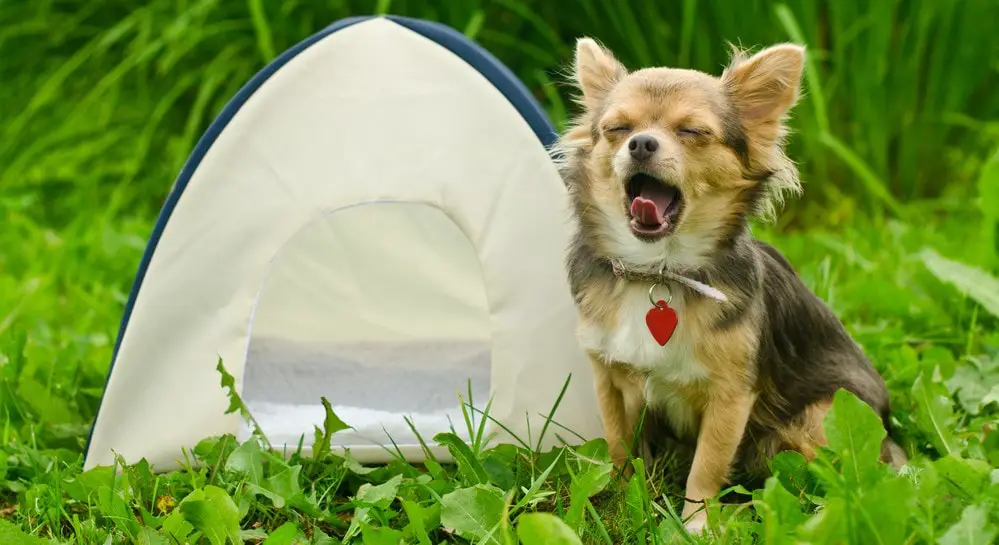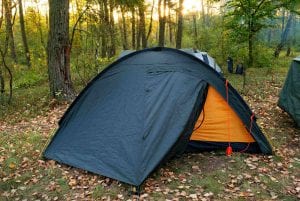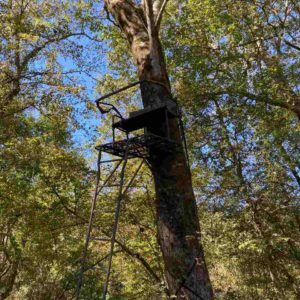
Going on camping trips with your dog is one of the best ways to bond with it and keep it physically and mentally stimulated. But like all other outdoor adventures, camping requires careful planning and preparation to ensure that both you and your four-legged pal stay safe and comfortable. If you are thinking of taking your pooch camping, below are some tips to make your trip an enjoyable and worry-free one.
Check Campground Pet Policies and Rules
Not all campgrounds in Australia welcome dogs with open arms, which is why you should first contact the place you have in mind to ask about its pet policy. Here are two important things to ask:
Barking rules: Whether your dog is a barker or not, there is still a likelihood that it may bark in an unfamiliar environment. Ask the campground about its rules when it comes to excessive barking, as some may ask you to find lodging elsewhere.
Leash requirements: Even the most dog-friendly campgrounds have leash requirements. This is to ensure the safety of all campers as some breeds like Labrador Retrievers and Border Collie puppies are especially active. If the campground requires the use of a leash, ask if it has a standard for length.
Plan Your Travel Route
Before you hit to road to your destination, you should plan a route that includes plenty of stops for potty breaks. This is because dogs need to pee every four to six hours. You should also consider stops at gas stations so that you can refuel, stretch, and walk around a little. Finally, include stops for quick snack breaks. Make sure that the establishments you choose to dine in are dog-friendly.
Train Your Dog
It is important that you first properly train your furry friend before going on outdoor adventures with it. This way, it does not react negatively to new faces, other dogs, and a strange place. Below are some things you can teach your dog:
- Place command: Teach your pooch to stay in a single spot until it is released. This will be very useful when you are busy cooking, unpacking, or setting up the tent.
- Recall command: Teach your dog a word or short phrase that you can use to get it to come to you immediately every single time. This will be very useful should your dog wander away or start bothering other people at camp.
- Socialisation: Expose your dog to various sights, sounds, and textures before introducing it to the outside world. This will help your four-legged friend react positively to new and unfamiliar people, environments, and situations.
Practice Camping at Home
Having a trial run before you leave for the campground is one of the best ways to ensure a safe and comfortable trip. You can set up a tent in your backyard or living room, and spend a few minutes around a fire ring with your pooch. You can also invite some friends with dogs so that you can test your furball’s socialisation skills. How your dog behaves in a controlled environment, like your home, can give you a good idea of how it may react at the campground.
Schedule a Veterinarian Appointment
Before booking a campground reservation, it is recommended that you schedule a check-up appointment for your pooch. This way, you can be sure that it is healthy before you have it tackle the great outdoors.
Ask your vet if your dog is up-to-date on its vaccinations as most campgrounds require this before entry. Furthermore, this helps protect your furball from any diseases or illnesses that it may come in contact with.
Additionally, ask your vet if your pooch is current on its flea and tick medications. If it isn’t, talk to your vet about putting your four-legged buddy on some form of prevention.
Pack the Essentials
In addition to your items and basic camping supplies, you will also need to bring your dog’s camping essentials. Below is a list of what to pack:
- Brush
- Booties or paw protectants
- Collar, harness, and leash
- Food and treats
- Food and water bowls
- Medication, if applicable
- Rain jacket
- Toys
- Waste bags
Aside from these, you will need to bring a dog-friendly first aid kit. This includes the following items:
- Adhesive tape
- Antiseptic ointment
- Digital thermometer
- Dog-safe sterile eyewash
- Gauze
- Non-stick bandages
- Pain medication





